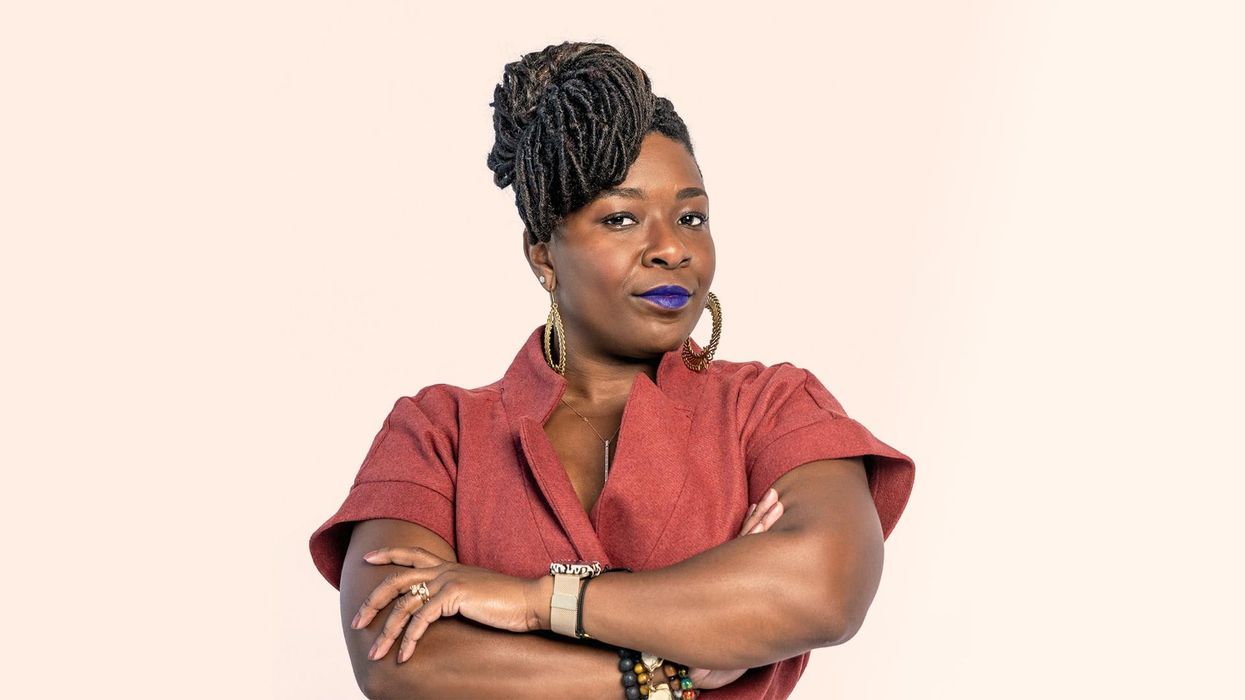Adult-use cannabis was legalized in New York state in spring 2021, but as it goes with most cannabis legalization efforts, the market is still eagerly anticipating when things will be officially open for business.
In the meantime, legacy and medical operators within the space are doing what they can to subtly get the ball rolling by “gifting” cannabis rather than selling it.
But instead of taking this as a cue to speed up the establishment of the legal market and get these operators started on that transition, New York’s Office of Cannabis Management (OCM) pivoted to enforcement, sending out cease and desist letters to businesses suspected of illegally selling the plant.
Is New York Cannabis Shooting Itself in the Foot With Cease and Desists?
The practice of “gifting” cannabis is a clever way to work around the state’s current restrictions still in place – a form of forced innovation that the legacy market is no stranger to.
Basically, operators will offer consumers some sort of product, service, or membership, and provide cannabis as a “gift” in return.
“People have come up with ideas that if they do a third party type transaction, like ‘I’ll buy a t-shirt for $400 and I’ll give you a free bag of cannabis with that.’ It’s a disguised transaction,” said president and cofounder of the New York City Cannabis Industry Association David Holland in an interview.
The OCM launched recent investigations into this concept, identifying over two dozen alleged offenders.
“We have an obligation to protect New Yorkers from known risks and to strengthen the foundation of the legal, regulated market we are building,” said Cannabis Control Board Chair Tremaine Wright in a statement.
“We will meet the goals of the MRTA to build an inclusive, equitable and safe industry. Therefore, these violators must stop their activity immediately, or face the consequences.”
But do these consequences really fit the crime in question?
The language of the cease and desist letters states that illicit sales must stop immediately, or the operators in question will risk losing their ability to apply for a legal adult use license when the time comes.
However, it’s hard not to imagine that this may have a negative effect on New York’s market down the line.
Empire Cannabis Club is one of the cannabusinesses who received a cease and desist – a dispensary that was opened in honor of owner Lenore Elfand’s uncle, who was killed for buying weed in the ’60s, and her brother, who spent 10 years in federal prison for growing.
This is a prime example of a business that has been negatively affected by the War on Drugs, and who might qualify for the state’s social equity license program down the line.
Shuttering these businesses may help with the short-term issue of preemptive sales, but it will also hold back New York’s existing market from being able to transition peacefully into the legal sector, which goes directly against what the equity program hopes to accomplish.
So, who is this really protecting?
Need a little more Bluntness in your life? Sign Up for our newsletter to stay in the loop.













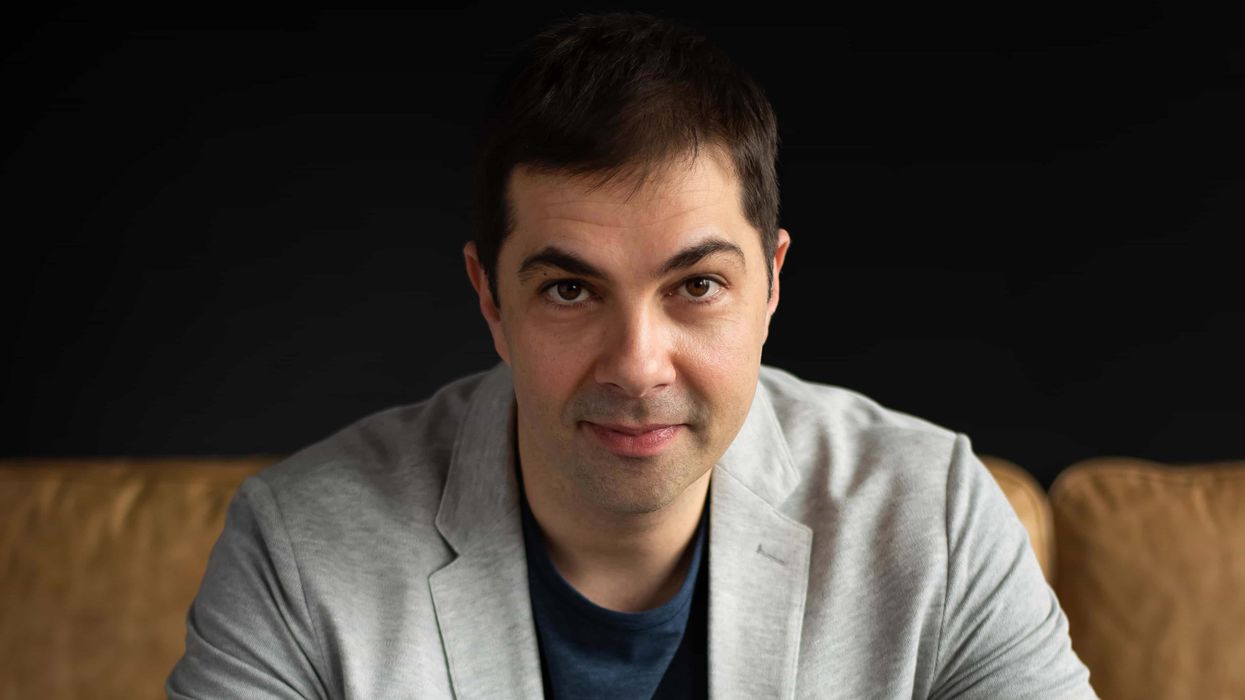
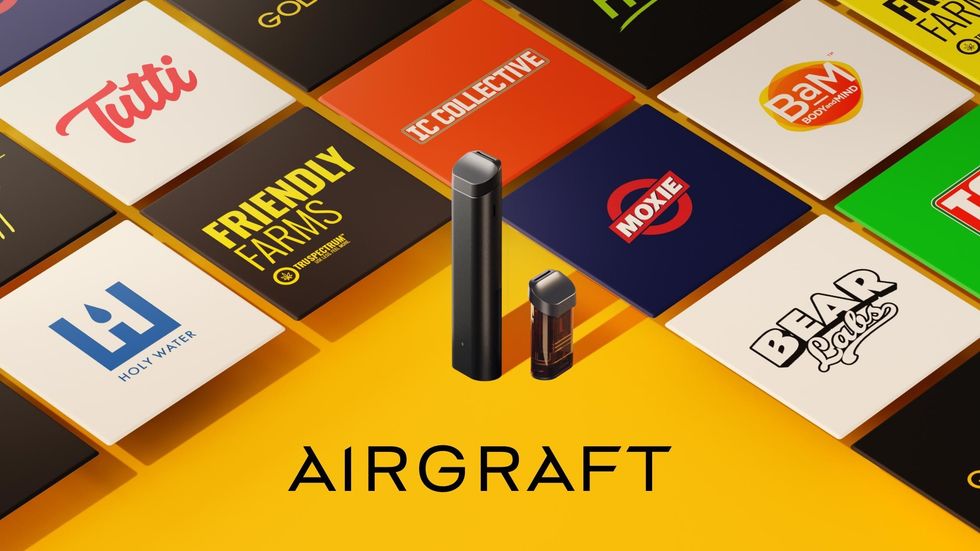 Airgraft has just disrupted cannabis concentrate vaping in more ways than one.
Airgraft has just disrupted cannabis concentrate vaping in more ways than one.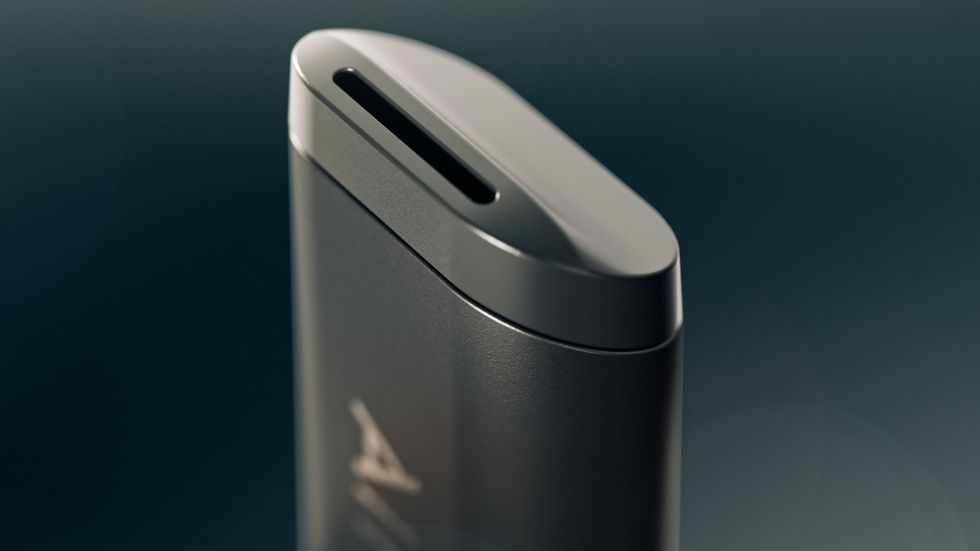 The Airgraft 2 is proving to be a game-changer for cannabis resin vaping.
The Airgraft 2 is proving to be a game-changer for cannabis resin vaping. A lot of thought and expertise went into the design of Airgraft 2.
A lot of thought and expertise went into the design of Airgraft 2.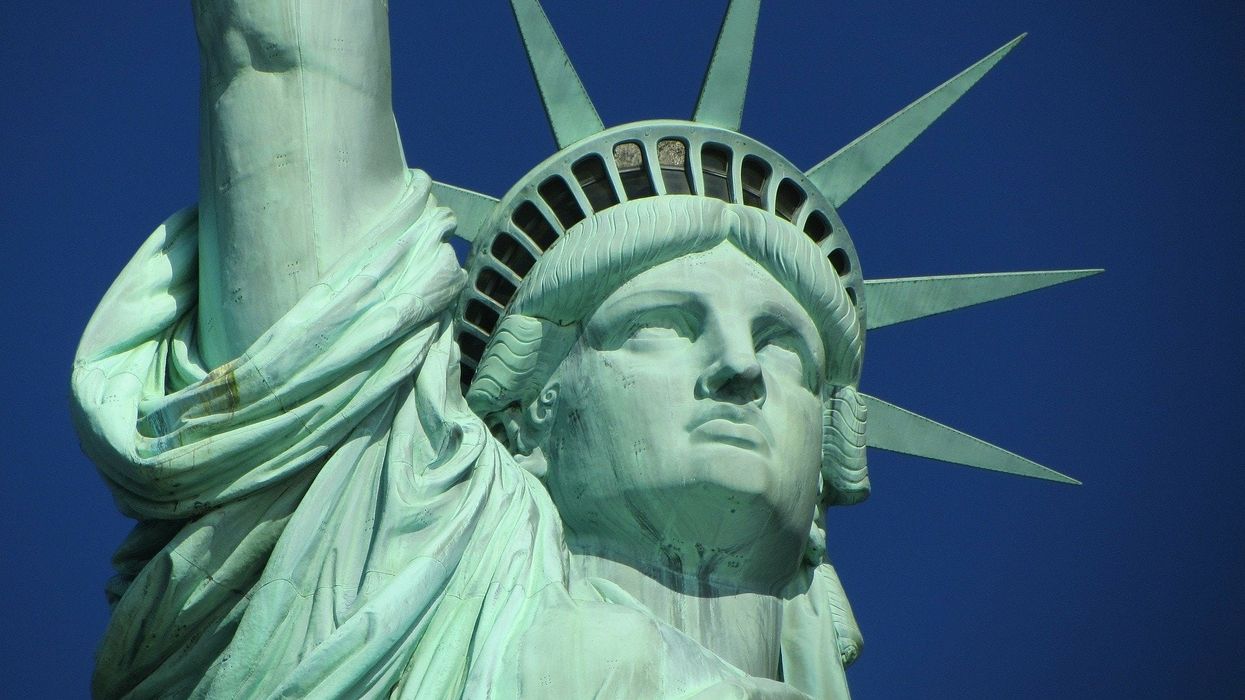
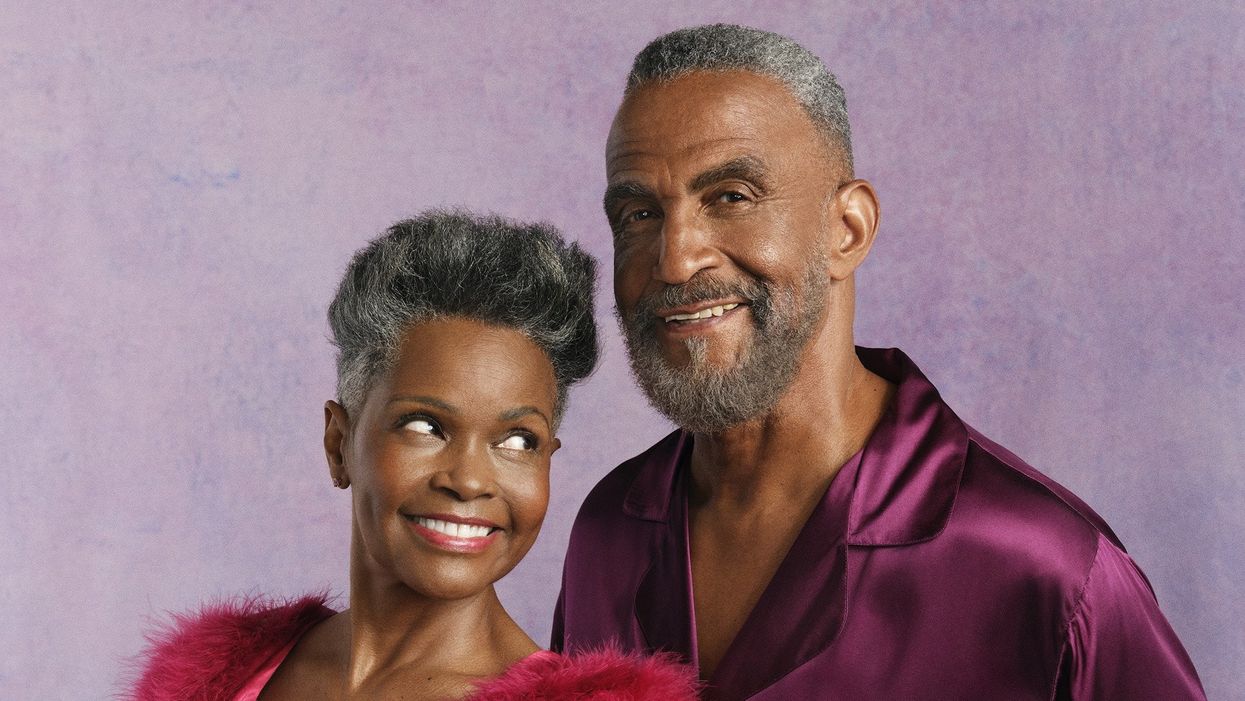
 Aligning cannabis with adult content does little to elevate the perception and acceptance of cannabis as a legitimate, respectable industry.
Aligning cannabis with adult content does little to elevate the perception and acceptance of cannabis as a legitimate, respectable industry. Aligning cannabis with adult content does little to elevate the perception and acceptance of cannabis as a legitimate, respectable industry.
Aligning cannabis with adult content does little to elevate the perception and acceptance of cannabis as a legitimate, respectable industry.